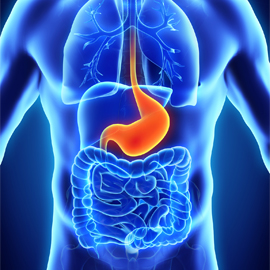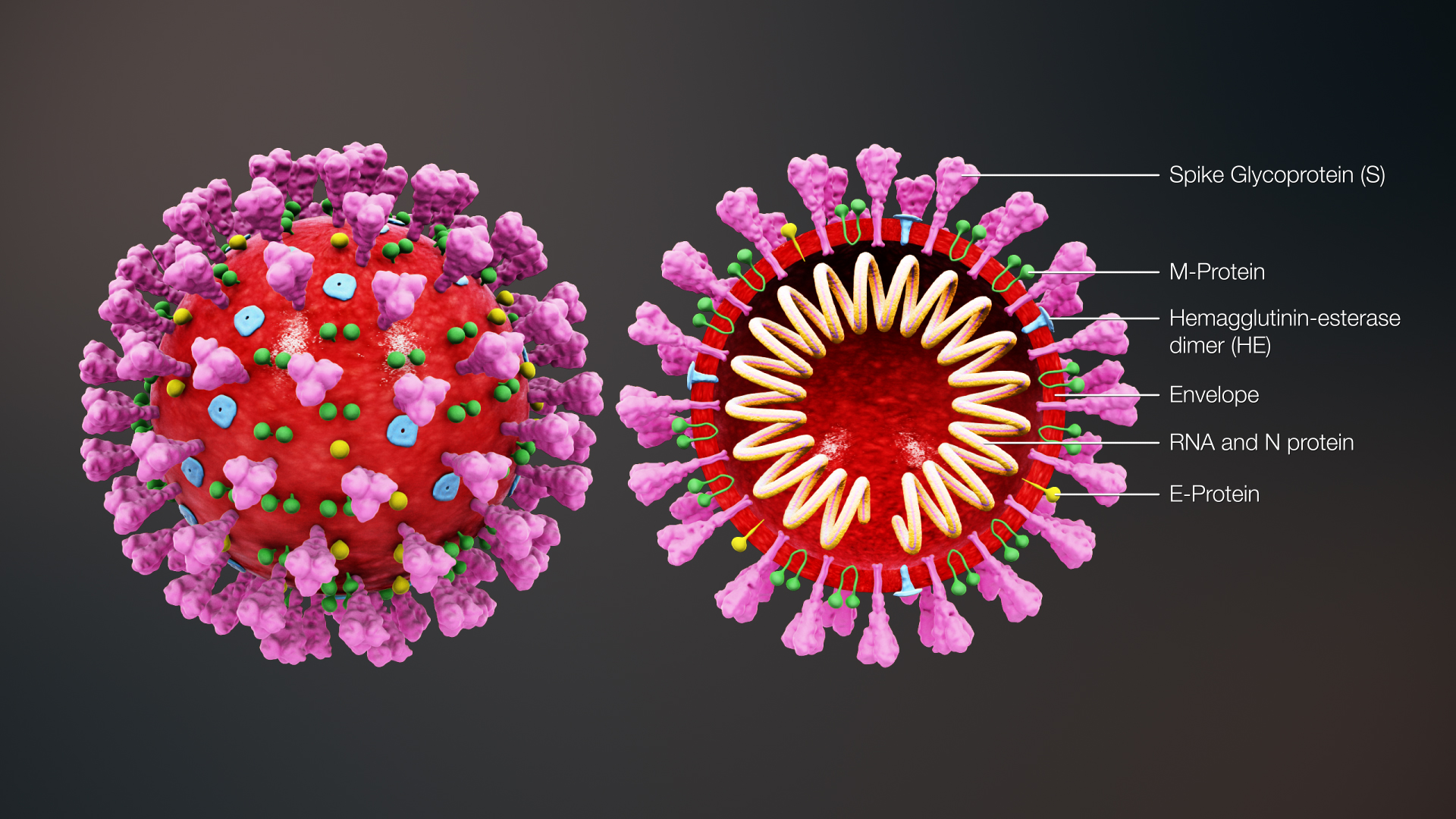Living a healthy lifestyle is about a lot more than losing weight. Even after you reach your goal weight, it is possible to be living in a way that just isn’t ideal for your overall health. Millions of people across the United States deal with chronic health issues, from digestive discomfort to heart disease, and so many of these ailments can be connected to poor digestive health.
As you take the time to lose weight really focus on fundamentals of your diet and how you can improve your overall health. A medical weight loss program is a great way to get started with living a healthier lifestyle, but it is far from the last step. Even after reaching your weight loss goal there are changes you can make in your life that will contribute to long-term health and wellbeing.
What is Digestive Health?
Your digestive system refers to the entire system of muscles and organs that contribute to the digestion of food, from your esophagus all the way to your colon. Every bite you take goes through this long journey, taking its time in each location as it passes. Of course, certain foods are going to leave more of an impact as they pass by, which is where so much digestive discomfort comes from.
The most common types of digestive health concerns include:
- Heartburn and acid reflux, including gastroesophageal reflux disease (GERD)
- Gas and bloating
- Constipation
- Diarrhea
These ailments will happen to everyone time to time, but when they become frequent and chronic, happening several times a week for the duration of months, then they could be associated with a larger issue. Working closely with your nutrition counselor and medical weight loss doctor and keeping track of all the food choices you are making can help you find out if your digestive health is suffering from the consequences of your daily diet.
There are several steps that you can take to begin improving your digestive health. The first step in this process is to cleanse, which means to take away foods that are causing inflammation and are potentially causing damage to your digestive tract. Before making any of these changes it is recommended that you meet with your doctor and discuss your dietary habits. Often, inflammatory foods that are recommended for reduction or removal include wheat, dairy, corn, soy and sugar.
Once you have started the cleansing process, the next step is to load your body with vitamins and nutrients. Eating plenty of healthy foods like leafy greens and lean proteins is a great place to start, but you might even benefit from taking a multivitamin, too. Again, check with your doctor for specific recommendations.
Finally, one of the biggest and most important factors to digestive health that too many people overlook is hydration. To keep your digestive system working the right way, you need to get plenty of fluids. Keep that water bottle nearby and make sure you are getting the recommended 64 ounces of water daily.







